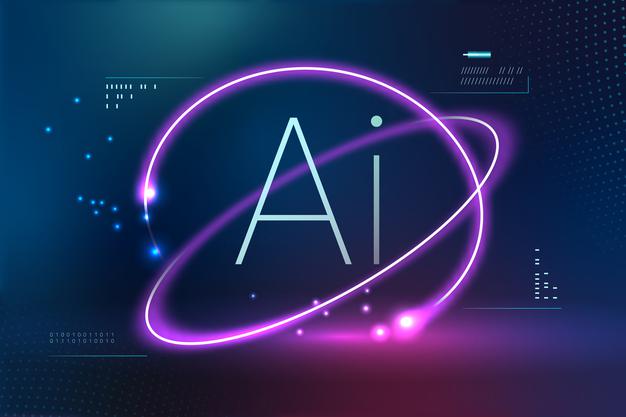We’ve seen multiple smart moves in artificial intelligence to this day. Robots have been driving processes in factories while driverless cars are poised to reach our roads in reality. Speech recognition has grown considerably and many gadgets have taken advantage of it. Companies are relying on AI to improve various products while machine learning is advancing faster than expected.
Artificial Intelligence goes Mainstream
Every interview at the Web Summit this year mentioned AI and 2024 will soon be expecting it to go mainstream. Facebook is boosting up its Messenger while incorporating artificial agents through’ technology which means consumers can rely on brands to order goods. AI is expected to augment capabilities with the help of multiple technologies, machine learning, semantic ontology, video analytics and the like. This convergence of new capabilities are bound to affect how people live and employees can change the way their jobs work.
Microsoft is Gearing up for AI
Microsoft predicts that 2024 is bound to be a fantastic year for artificial intelligence, that will affect the design industry in a big way. The emergence of new silicon architectures which can bear the brunt of machine learning is one of the pivotal reasons why AI will score high soon. One can expect natural and competent speech interactions with technological gadgets and even personal assistants like Cortana and Siri.
AI is expected to help personal assistants to understand their tasks, compile research automatically and even understand the context of an email by adding it to the calendar.
Some at Microsoft believe that conversation assistants are the future and keep us social, allowing humans to be inspired and motivated.
According to reports, 90% of Microsoft research is wracking their brains on zero UI, indicating some major plays in the coming year.
Deep Learning and AI replacing Workers
According to analysts, one will witness a huge surge in Convolutional Neural Networks that is synonymous with deep learning since technology will be paired with significant computation resources.
Pure information processing is what computers will be doing affecting people who are interacting with other people.
Advent and Progress of Internet of Things (IoT) and Emotional Understanding
More and more devices will be connected however disparate they may seem at the technology level driving an increase in smarter homes, cars, and nearly every other thing. Mined data can be potentially exploited in this regard.
2024 might even find AI detecting human emotions, working on the computers’ ability to understand speech for hassle-free interaction between humans and computers. Cameras and facial recognition solutions are going to detect the emotional state while researchers will explore educational trends for treating depression, incorporate medical diagnoses to routine procedures in healthcare, and even boost overall customer service processes.
AI in Shopping and Customer Service
Businesses are figuring out the utility of artificial intelligence for affecting customers positively and wring out positive emotions. By assessing what drives them happy or unhappy, companies are using AI to help customers buy the perfect item at the perfect price point. Having a technology to understand what customers are feeling about shopping for some product will go a long way in driving future trends.
Some of the biggest breakthroughs in artificial intelligence are through a platform race as to who is providing the best decision-making process that involves explaining, answering queries, and even representing data perfectly.
Artificial Intelligence and Practical Ethics
Ethical considerations should be at the crux of each research. When coming up with the concept of a driverless car, the car has to decide what action is essential if an animal comes on the road. Coding in this context will put a human life with an animal’s life and weigh in options.
Problems are going to be more complex than they would seem. If a car is going to hit a pregnant woman, will the car decide on saving the driver’s life or the woman’s life? Such ethical problems will be posted in the deeper context in the near future and the answers are not so simple as they seem.
There is a difference between human and machines and sex robots, for instance, will drive an asymmetrical relationship where there are no emotions on one side of the story. One might expect that the future might hold artificial avatars who will be acting like real people although their core could be modified.
The Final Thoughts
A diverse student base is required to fill in AI without any gender bias. One cannot have AI systems that take into perspective a single-gender or a single demographic group. The systems will be representing a generic population of various countries of the world. One cannot have a single city context or culture to dictate what the AI-based robots will be in the near future.






















